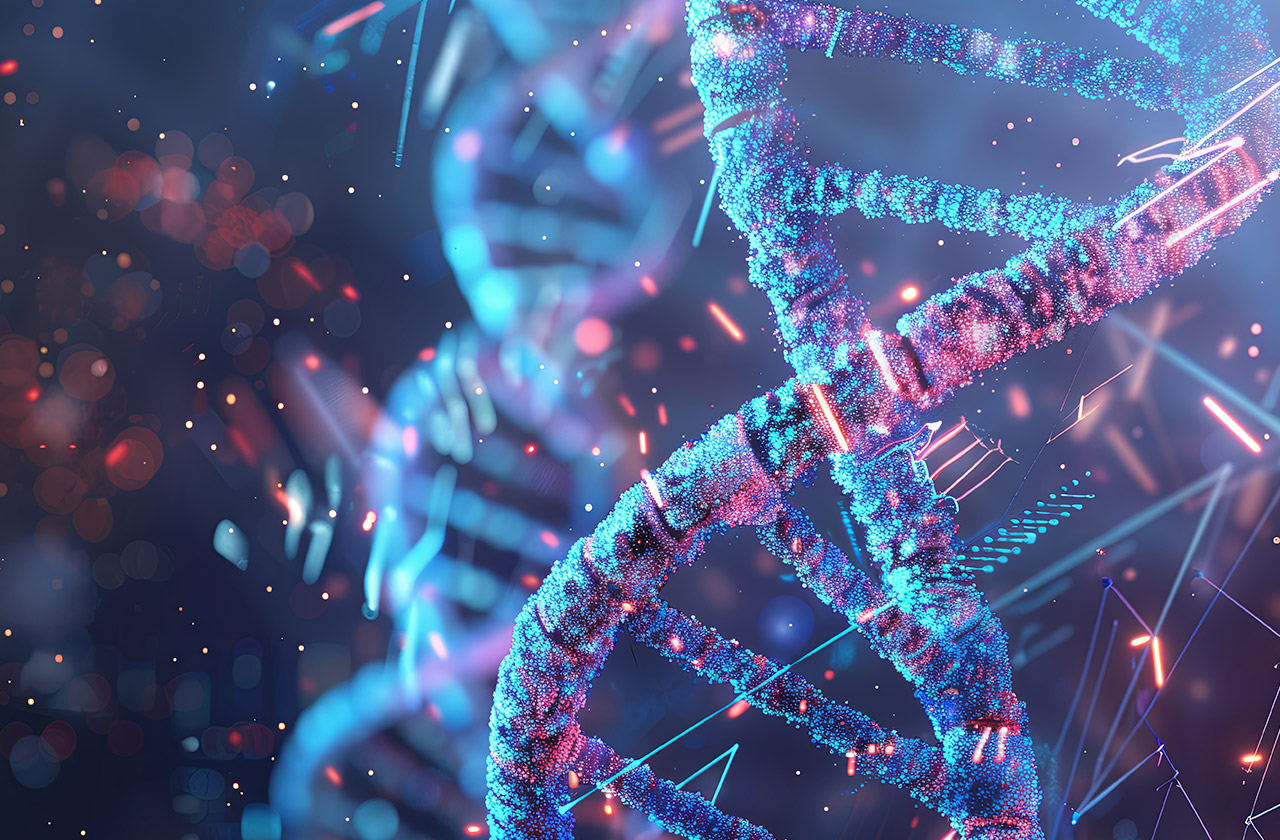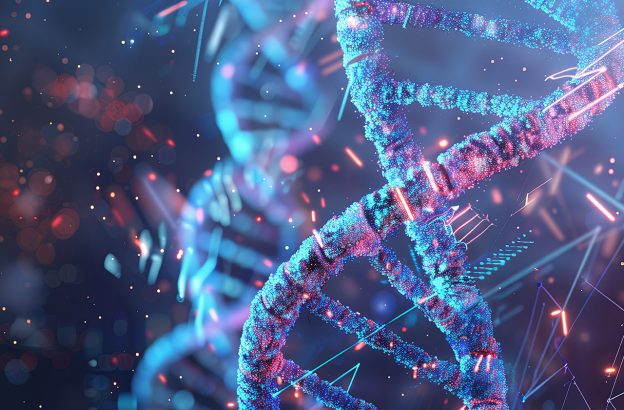This genomics course presents students with advanced genomics topics – organization of nucleotides, base and sugar to form gene, genes in everyday life, alteration of gene response during cellular processes , understand the structure of gene and variability in the gene organization in organisms, central dogma of molecular biology, genes to genome formation, ecological response of gene to living & non-living things, functional response of genes which will be studied as transcriptomics and proteomics- formation of proteins from messenger RNA. Finally, application of genomics in biotechnology, understanding ecological interaction, explore the evolution of genome in organisms and further to identify and understand the microbial diversity. Students will learn through synchronous teaching – text, images and videos , with integration of learning activities, simulations & virtual labs, project-based learning – collaborative skills and assessment will be both formative & summative.
This course will construct advanced knowledge and skills on various scientific discipline of genomics:
Ecological Genomics – Ecological interaction of living and non-living things in various ecosystem, how these ecological interaction are governed by genome of organism. Further how organisms adapt to changing environment by modifying and acquiring new genes.
Evolutionary Genomics – Evolution of invertebrate, vertebrate and microbes, how environment and ecology shaped the evolution of organisms and how organism adapt and thrive in changing environment because of genome evolution.
Microbial Genomics – Introduction to microbes and their interaction with environment, explore the diversity of microbes in various niches, further apply genomics tools to identify conserved and novel genes, genes expression : which genes and cascades are activated in response to different environmental stimuli, further which genes product such as micro-RNA and proteins up and down regulate the gene expression. Finally how the genes can be used for biotechnology application and genetic engineering.
Genomics Laboratory – Students in virtual synchronous and wherever possible (in-person internship) will be learning how to create a notebook, safety measures, instruments, methods, tools and software such as Primer Designing, PCR, RT-PCR, Phylogenetic Tree construction used in ecological genomics, evolutionary genomics and microbial genomics. Students will be asked to attend seminars of biotech companies such as QIAGEN, IDT-DNA technology etc and write reports on recent trend in genomics.
Course Content
1. Ecological Genomics
About Instructor


